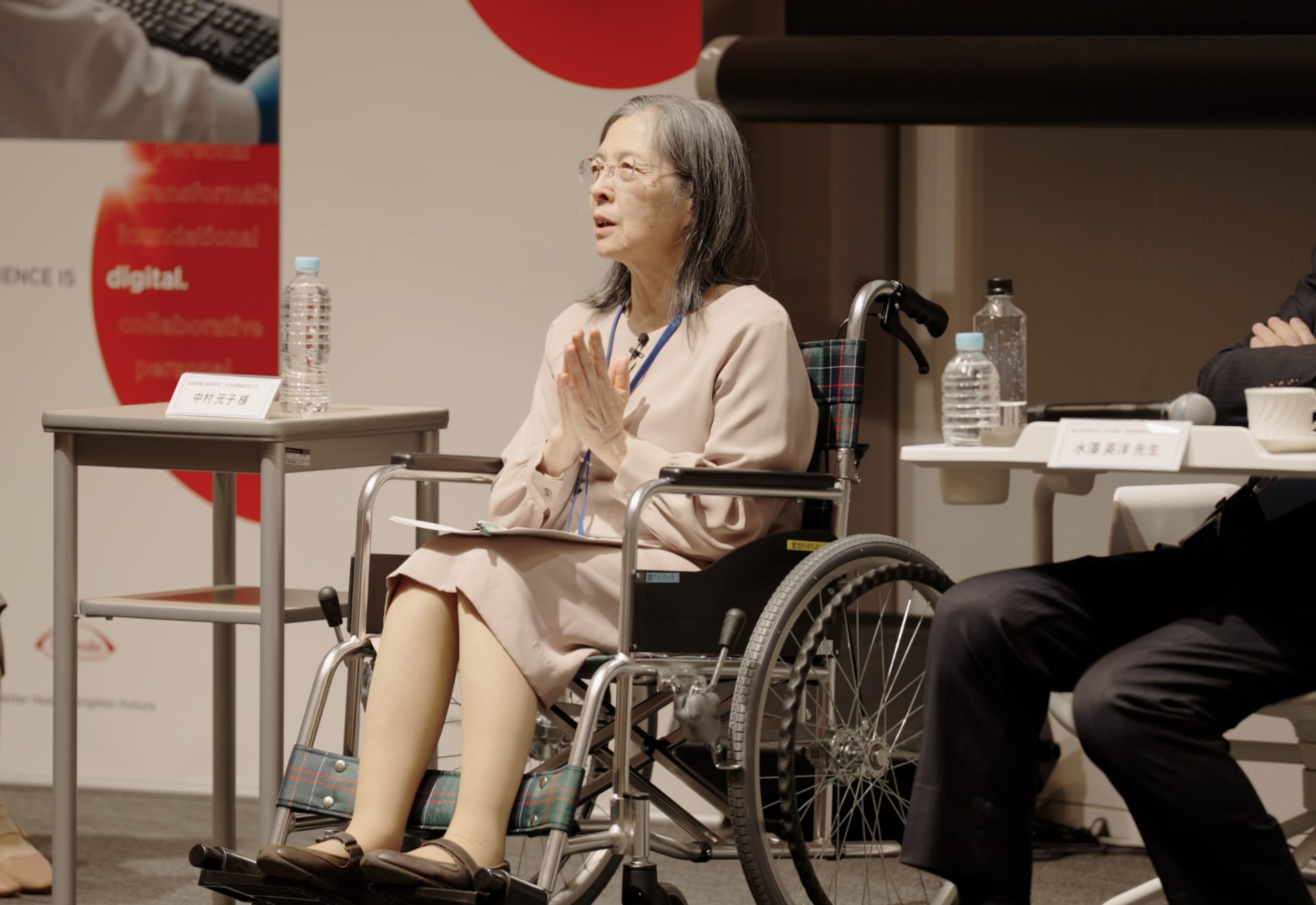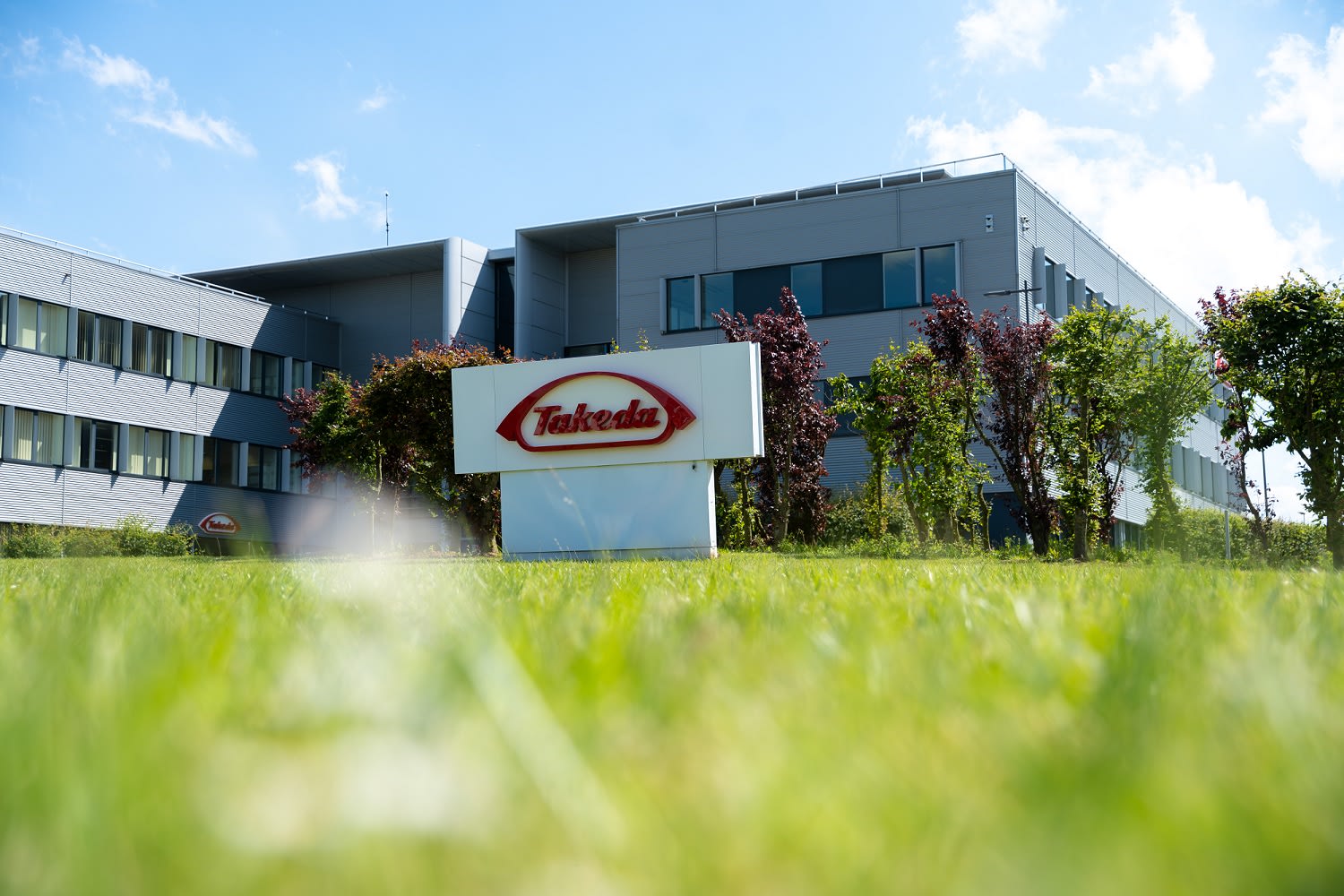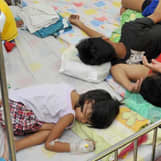How Community Health Workers help build health Equity | Takeda Stories
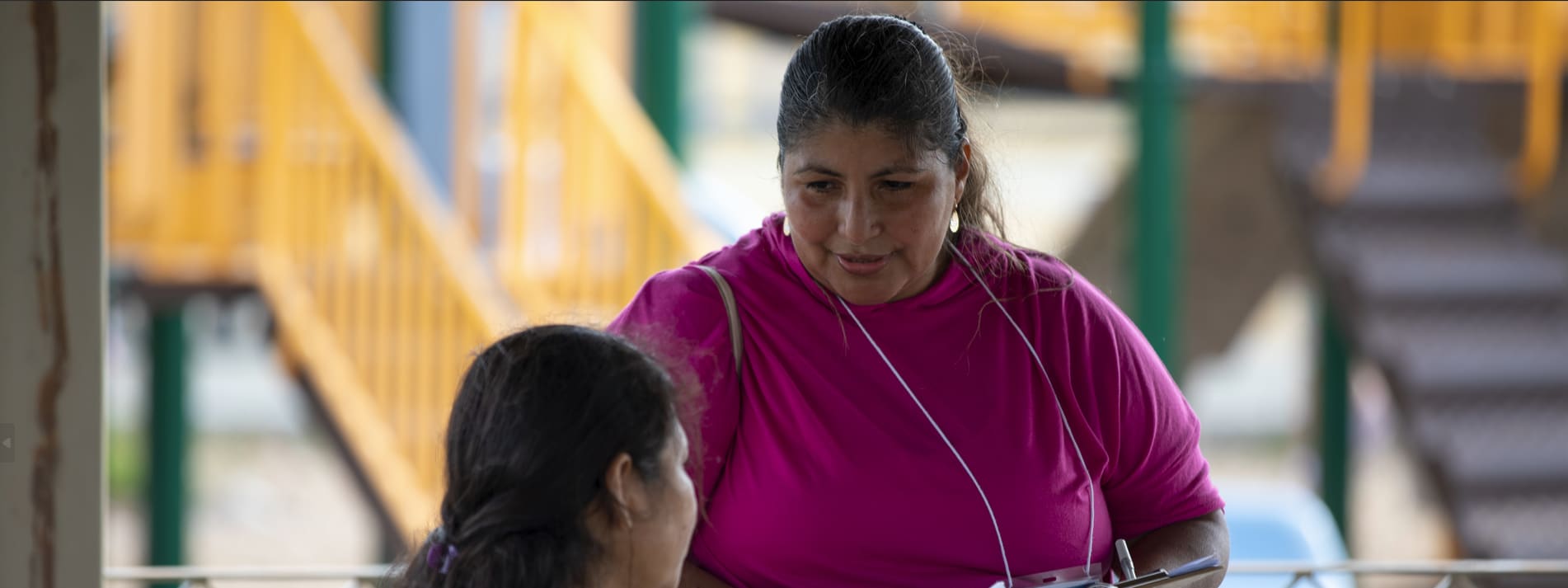
Community Health Workers: Applying global lessons learned
Takeda’s expanded partnership with Partners In Health brings community-centered health equity approaches to the United States
As Luz Ortega looks back on the time she spent as a Community Health Worker (CHW) in New Bedford, Massachusetts, she’s proud of all the different ways that CHWs connect people to needed social, medical, dental and mental health services.
Luz offers one story that has stayed with her because it embodies the unique role that CHWs can play.
“A family came to our town from Puerto Rico, after they lost everything in Hurricane Maria in 2017. They found a great apartment that had a rug on the floor, but no beds to sleep in. I was able to speak to them in their native language, and I asked if they needed beds. The mom of the family said no, because they’d never had them before, and the rug plus a pillow was good enough.”
Through training and experience, Luz knew not to show judgement. “I won’t build trust if I tell this family the way they are living is wrong because it’s different from our society’s standards. I have to respect their culture.”
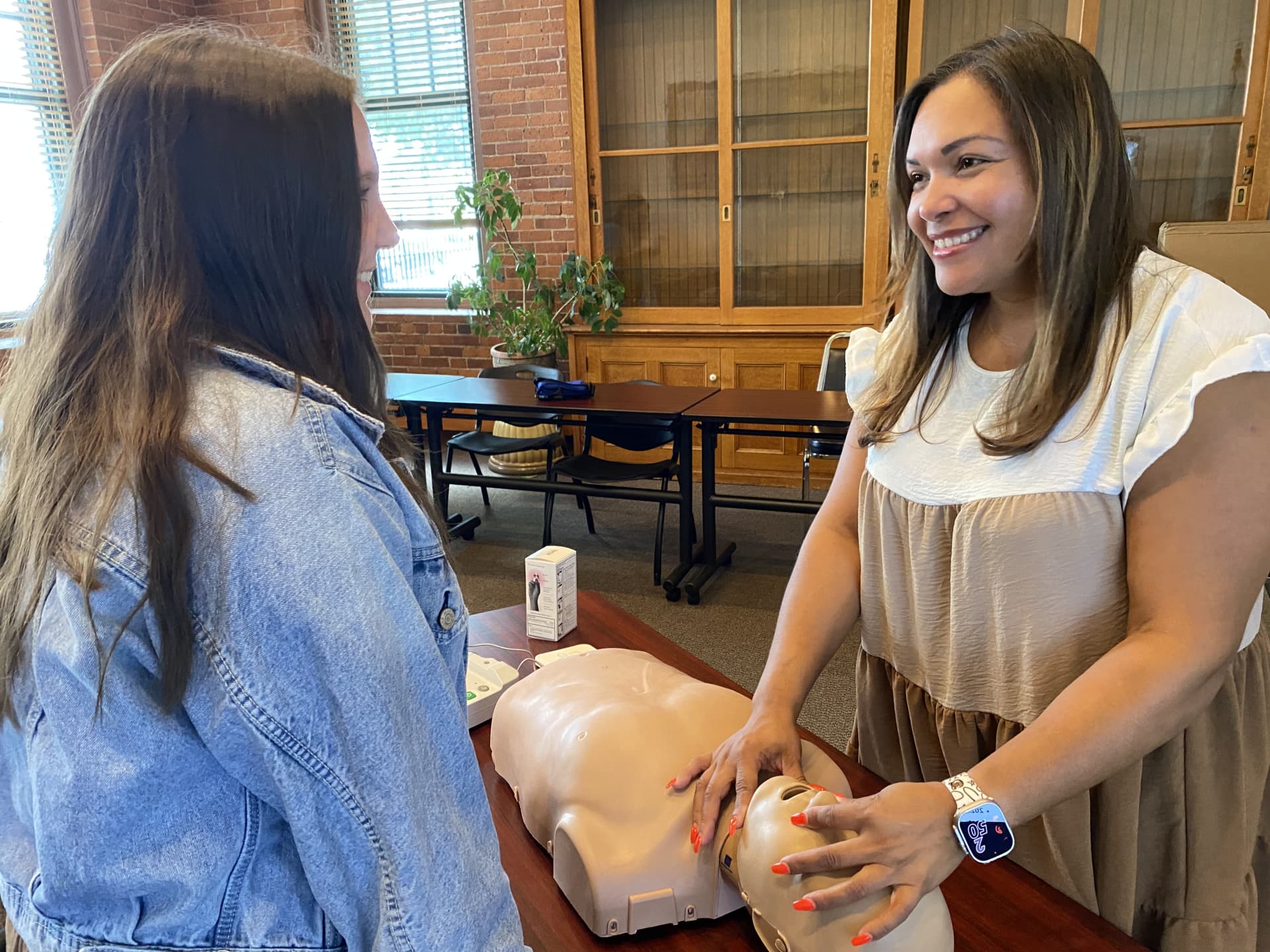
Luz Ortega prepares for a CPR training with CHWs
It is stories like Luz’s and countless others that demonstrate the impact of CHWs, along with traditional healthcare providers, to reduce health inequities.
These kinds of connections are at the core of an organization called Partners In Health (PIH), an international nonprofit organization focused on improving access to quality health care. According to PIH’s executive director for the U.S., Katie Bollbach, CHWs are the backbone of the organization.
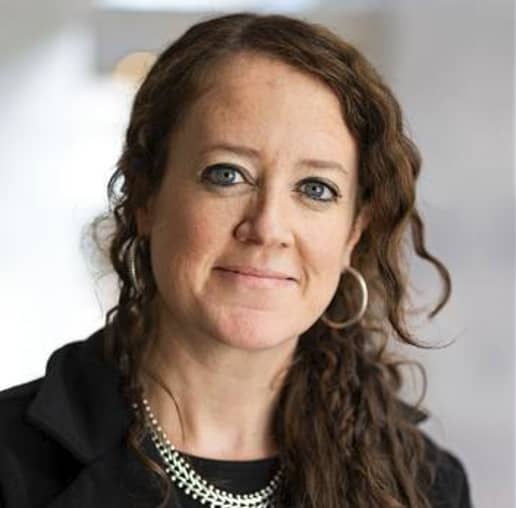
Katie Bollbach, PIH’s U.S. executive director
"Community health workers are incredible educators, navigators, advocates, organizers. We have been so inspired and led by community health workers in our work. Of our 19,000 employees around the world, 10,000 are community health workers," says Katie.
PIH’s model of community-centered care is what drew Takeda to the organization in 2017. That’s when the two joined forces to help strengthen the capacity of communities, and to identify and address health inequities sustainably. Since the global partnership began, PIH has expanded and strengthened its diagnostic and clinical care services to more than 8 million people in community settings.
Julie Kim, president of Takeda’s U.S. Business Unit and U.S. country head, says the two organizations share a common approach.
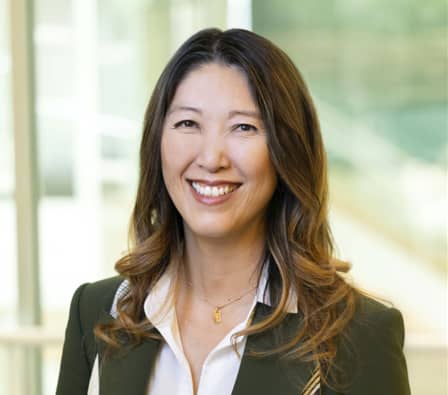
Julie Kim, president of Takeda’s U.S. Business Unit and U.S. country head
“We have a long legacy of patient-centered innovation and understanding patient needs before we embark on a therapy. We don’t make assumptions first. Similarly, PIH believes in hearing what the community needs and meeting them where they are, and community health workers are essential in their process," she says.
Recently, the two organizations began partnering in the U.S., starting in Massachusetts. Takeda is one of the largest life sciences employers in the state and we are committed to making a positive impact at the community level.
"We know we have a shared passion for community health workers and the critical role they play in building more community-centered, equity-centered health systems."
Katie Bollbach, PIH’s U.S. executive director
In Massachusetts, health outcomes vary based on one’s race, ethnicity, socioeconomic status and other factors. A report by the Blue Cross Blue Shield of Massachusetts Foundation and the Health Equity Compact revealed that communities of color in Massachusetts face an economic burden of $1.5 billion in avoidable health care spending due to poorer health. The study estimates if no action is taken, the growing burden will exceed $11 billion annually by 2050. 1
PIH has teams in communities in Massachusetts, including New Bedford, to support a pro-equity agenda focused on community and stakeholder engagement. The work also includes elevating CHWs by supporting Massachusetts Association of Community Health Workers (MaCHW) to advance state policy.
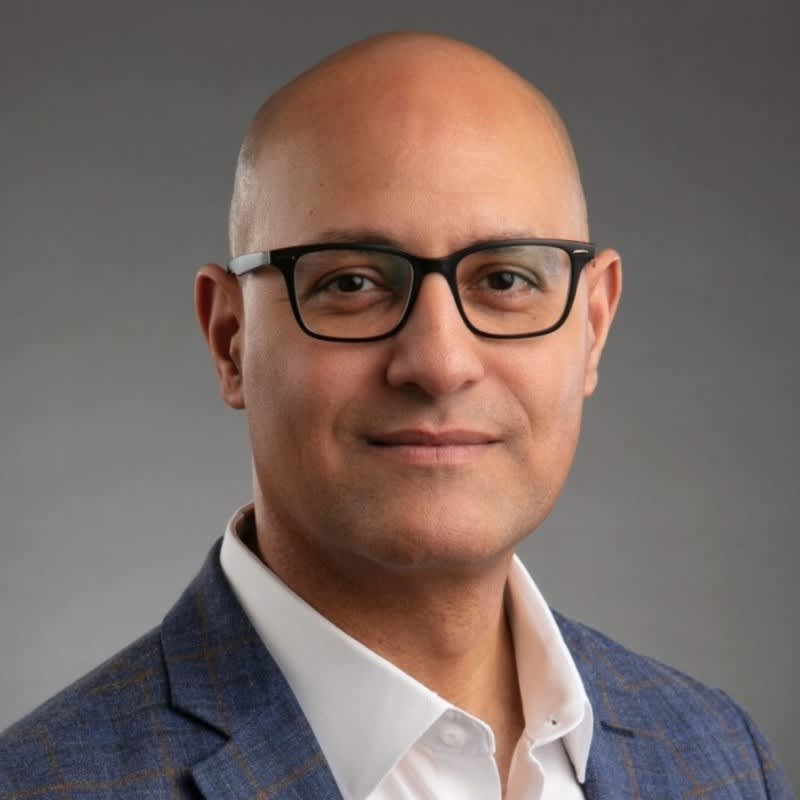
Dr. Chris Reddick, vice president of U.S. health equity, corporate social responsibility, and philanthropy at Takeda
"Coming out of COVID and the work PIH did around the world, we’ve seen that this model of trusted community members sharing credible health care information and connecting people to resources can really work – it can help improve outcomes for patients,” he says. “So we've adapted that approach from our international work with PIH to here in the U.S., and right here in our own backyard."
Katie from PIH adds, "We've been so thrilled to have Takeda's support globally, and now in the U.S., starting here in Massachusetts. We know we have a shared passion for community health workers and the critical role they play in building more community-centered, equity-centered health systems.”
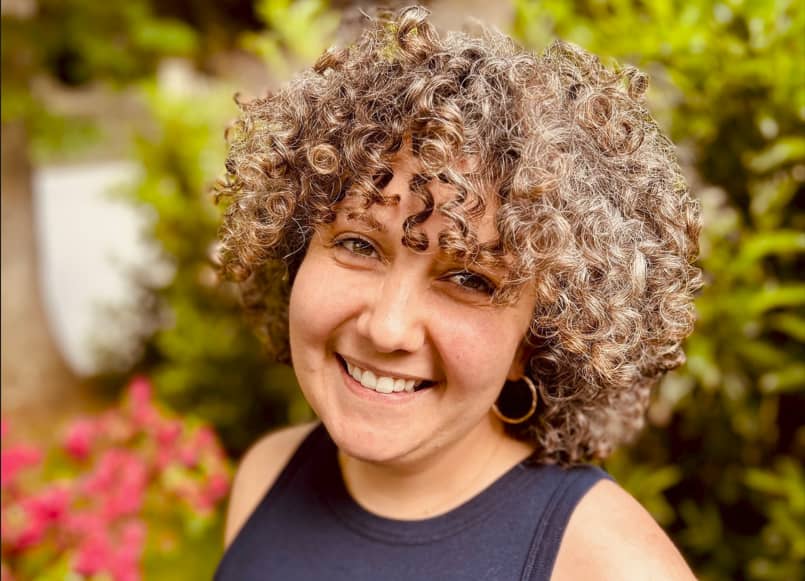
Kristina St. Cyr, head of PIH for Massachusetts
The head of PIH for Massachusetts, Kristina St. Cyr, adds that “CHWs are the epitome of community-centered care.”
Luz’s story is a case in point. She is now program director at City of New Bedford Health Department, where she collaborates with other organizations to train and advocate for CHWs, helping individuals and families connect with the services, resources, and care that they need.
“That’s the bridge that CHWs want to be,” she says.
J. Gaskin, D., A. LaVeist, T., Turner, A., & Obbin, S. (2023). The Time is Now: The $5.9 Billion Case for Massachusetts Health Equity Reform. The Blue Cross Blue Shield of Massachusetts Foundation. https://www.bluecrossmafoundation.org/sites/g/files/csphws2101/files/2023-06/Econ_Cost_Inequities_Full%20report_FINAL_0.pdf.
Banner image: Community Health Worker Isabel Gomez Hernandez surveys community members in New Bedford to assess their health care needs. Photo: Zack DeClerk / PIH
Share this story

